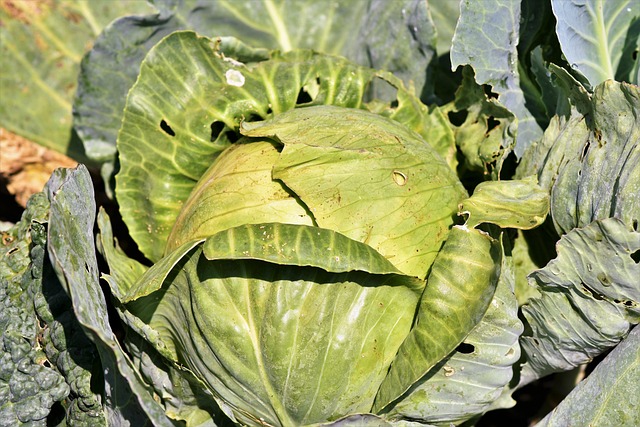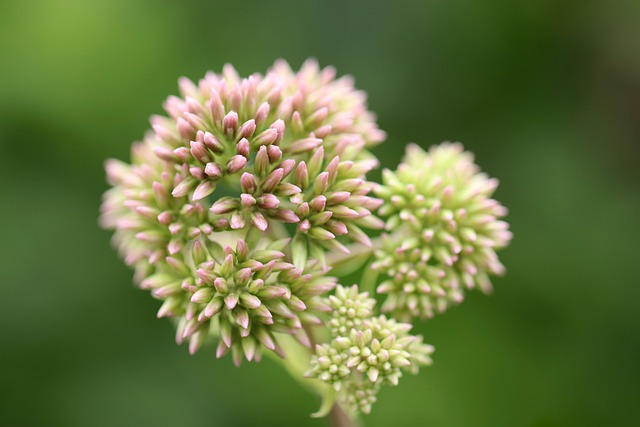With bills headed to their respective governors’ desks for approval, two states—Colorado and Missouri—are poised to become the seventh and eighth states to rein in and protect the largely unregulated market for kratom, a powerful botanical many drug addicts have turned to in their bid to stay clean.
Kratom (pronounced KRAY-tum) is derived from Mitragyna speciosa, a species of plant native to Thailand, Malaysia and southeast Asia. It contains two major psychoactive alkaloids: mitragynine and 7-hydroxymitragynine. Pharmacologically, the alkaloids exhibit biphasic effects—at low dose, stimulant effects are realized, while high doses exhibit sedative effects.
Both alkaloids are reported to activate opioid receptors, which likely explains their use by chronic narcotics users to better manage opioid withdrawal symptoms.
Legislators in Colorado and Missouri were moved to action to protect their kratom marketplaces—in states where there is no outright ban, signs advertising kratom for sale can be widely seen along roadsides and outside of smoke shops and liquor stores—as federal regulators maintain an adversarial posture toward the herb.
In Colorado, Senate Bill 22-120 directs the Department of Revenue to study the feasibility of regulating kratom products, processors and retailers. The Colorado Department of Revenue must submit a report to legislators by January 2023 regarding such issues as the proper state agencies to regulate the manufacture, sale and possession of kratom, appropriate age restrictions for consumption and purchase of the herb, and a testing program for identifying kratom products.
Missouri’s measure does more than study the issue; HB 1667 establishes labeling requirements including listing alkaloid amounts and has protections against adulteration. It also bans the sale of kratom to people who are under the age of 18.
FDA in 2016 sought, unsuccessfully, to have kratom scheduled as an illegal drug. That year, six states backed the effort to make kratom illegal and banned its sale: Alabama, Arkansas, Indiana, Rhode Island, Wisconsin and Vermont.
Current guidance from FDA says there are no FDA-approved uses for kratom, and the agency has received concerning reports about the safety of the botanical ingredient. A kratom import alert from the agency details that “scientific literature disclosed serious concerns regarding the toxicity of kratom in multiple organ systems.”
“Consumption of kratom can lead to a number of health impacts, including respiratory depression, nervousness, agitation, aggression, sleeplessness, hallucinations, delusions, tremors, loss of libido, constipation, skin hyperpigmentation, nausea, vomiting, and severe withdrawal signs and symptoms,” FDA cautions in the import alert.
Kratom moves at the federal level
Critics of FDA’s kratom guidance charge its tough position is outdated and doesn’t take current research into …….



